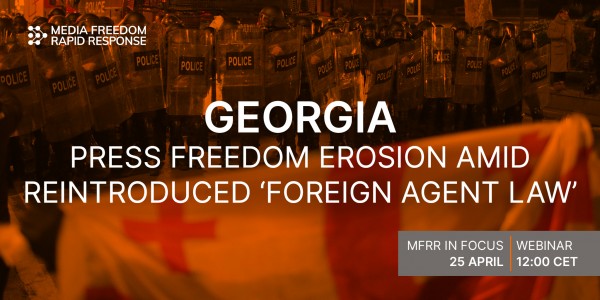Jacqueline Charles, Caribbean correspondent for The Miami Herald said during a panel at IPI’s 2012 World Congress in Trinidad that natural disasters such as the Haitian earthquake expose governments’ lack of organisation. Speaking on a panel titled “Rising Tides: The Impact of Natural Disasters on Press Freedom”, she said: “With every major disaster governments adopt a position, whether or not they are organised … As the government becomes organised, there wis less information.”
Having covered disasters in Turks and Caicos and St Lucia, she said she knew the government would move to bring in a media savvy person to say the situation was not so bad.
“You would have to uncover how bad things were,” she said. “I was surprised at the level the Cayman Islands were trying to suppress. The entire island was flattened and all they (government) were thinking about were dollars and cents. They were thinking about tourism and trying to control the information. It is complex and complicated…particulary for those economies that are dependent on tourism. The international journalists go in and paint a different picture.”
When the earthquake hit Port-au-Prince, Haiti, Charles said they had confirmed reports that former President Rene Preval had survived but that the Presidential Palace had been struck. Meanwhile, local Haitian journalists had perished and those who survived were focused on trying to rebuild their lives.
She said: “There were those who died. There were those who were heavily impacted and trying to get together. The challenge is a number of journalists were victims. Or they lost their livelihoods. Or were bought out by NGOs with huge bank accounts. You end up losing the good journalists. You end up with a lack of info. After a while the international press packs up and leaves.”
Among those who spoke were Odette Campbell, Head of News, Grenada Broadcasting Network, Hajime Hikino, Senior Science writer/Chunichi, Japan, and Sano Malifa, founder and editor-in-chief, Samoa Observer, Samoa. They also sought to address issues like the tsunami which hit Japan. The session was chaired by James Fahn, Executive Director Earth Journalism Network, Internews, USA.
Wesley Gibbings, head of the Association of Caribbean Media Workers, said the Haitian media enterprises themselves were casualties of the earthquake which struck Port-au-Prince in 2012.
Gibbings said: “The media enterprises themselves are among the casualties of natural disasters. There is a degree to which post-disaster is considered in post-planning.The Haitian media collapsed. The earthquake silenced the media and the ability of the media to gather info.”
He also explained that there were powerful economic interests involved, especially in the countries that were dependent upon tourism. In the event of a disaster like a hurricane, tsunami or an earthquake, there “is a tremendous amount of pressure to have a degree of self-censorship.”
Citing the example of St Lucia, he said while bodies were being removed from the mud, there were press releases which expressed the sentiment the “country was back in business.”
At the peak of the disaster, water was being sent to fill swimming pools.
“There was no care as to whether people had water to cook or clean themselves.” Journalists can be viewed as being “problematic and attempting to undermine the economy in that way.”


